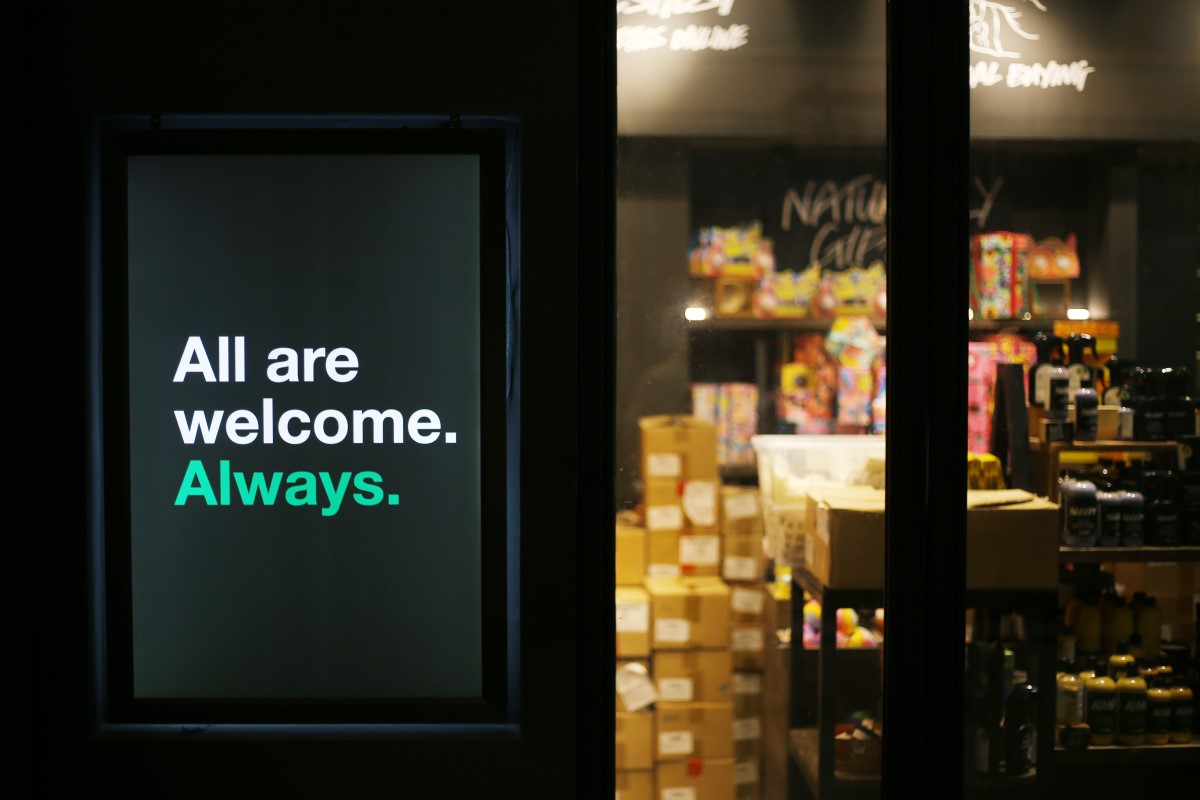Today marks my third month in RICE Media. Yet, even after two months of talking to many individuals in this publication, I still find myself in two minds when identifying and determining the RICE brand. It’s an onerous position to be in, especially when I’m editorially anointed with the unenviable task of rejecting pitches and re-crafting stories that don’t seem to fit perfectly into the mould of what RICE stands for—whatever that may be.
But, while many of us here struggle with this identity conundrum, it is heartening to know that as much as we find it challenging to articulate incisively what our brand is, at the very least, we know what it is not. Although, even knowing what it is not, have, at times, compelled us to draw swords and defend individual ideas about what this publication stands for. We’re all still alive, thankfully, and much better for it, as each debate grows and expands our definition of what the RICE brand represents.
ADVERTISEMENT
It’s unsurprising this dilemma. In our infancy some five years back, the lucidity of the brand was easily determined by a group of ragtag writers whose raison d’être is to go where no mainstream media would deign. It was a sexy proposition helped largely by the fierce arrogance of youthful bravado and an anti-normcore approach to editorial strategy.
“Back then, we just wrote whatever weird shit we wanted, Zat.” It’s a rhetoric my Editor-in-Chief and founder, Mark Tan, often wax lyrical about at every editorial strategy meeting with me. Unfortunately, that is no longer a luxury we can afford, a shift helped in no small part by our in-depth coverage of the General Elections last year and our COVID-19 stories, some of which won us the SOAP awards. The GE and COVID-19 have elevated the function of RICE to one that is more socio-political leaning which, while enticing, especially when our position on most issues is almost always contrarian to OB markers, can prove to be rather monotonal.
RICE was built on weird, irreverent, unapologetic stories, underbelly-ish, but at its core, always human-centric. Evidently, it is content that you, our readers, appreciate too. We observe how hard you loved our story about the sex workers in Geylang affected by the pandemic. Or the rigorous debates happening in the Facebook comment section of our report on the WhatsApp Boomer Group. It’s hilarious, entertaining, but more importantly, it shows that you are invested in the stories we want to tell, and for that, we couldn’t be more thankful.
We are also getting our toes wet into the waters of pop culture and extracting meta commentaries from our observation on the big and beautiful world of social media, Tik Tok, movies, Telegram, experiences, and television, much to the chagrin of our more vocal Facebook followers. But I believe that it’s important we talk about things happening in these spaces too because they make up a large bulk of our social fabric, each thread contributing to this wonderful experience we call life. To not discuss or reference it would be egregious. I only hope that through such articles, we can unearth powerful meta commentaries on the human condition, an angle often overlooked when the veneer of its accessibility hides the insightful truths it carries.
Unfortunately, there are some things that my writers can’t write or comment on—and not for lack of trying. For instance, there’s been plenty of debates and opinions about allowing nurses to wear the hijab at work. There’s also much talk about Chinese Privilege and the kerfuffle arising from PM Lee allegedly denouncing its existence during the Chinese language portion of this year’s National Day Rally. These are all things we desperately want to write about. Still, my writers understand their privilege, sensitivities, and lack of authority when talking about such issues, especially when they can never truly encapsulate the burden of these issues due to the lack of lived-in experiences.
The solution to this is obvious. We need to hire a more diverse group of writers from every segment of the community in Singapore—a Sisyphean task owing to the large and varied intersectionalities of identities here in this country. A more efficient solution would be to have a team of contributors, writers, and members of academia from all walks of life to contribute stories regularly to the publication. Internally, I’m working on that now, but should you be interested in being a contributor to RICE, drop us an email at community@ricemedia.co and introduce yourself and the topic you’d be interested in covering. We’ll keep an eye out for your email introduction.
Recently, Mark, Julian, the outgoing Managing Editor, and I had a frank discussion about what this company means for us and the thirty plus individuals we have under our employ. The more we shared, the more it became clear that we needed to define clearly and succinctly what RICE stands for and what the content we create aims to do.
RICE’s vision is to be the leading alternative editorial voice for Asia. From sex workers to politicians, contemporary to street food, we aim to bring a fresh outlook and bold commentary on everyday life in Asia. Our mission is to challenge perspectives and to encourage people to think differently. Together with my team of writers, video producers, photographers, business development executives, contributors, illustrators, and animators, we hope to bring you more stories that are imaginative, fresh, moving, and meaningful.
Thank you, everyone, for always being a fan.
Onward,
Zat Astha
Associate Editor, RICE



